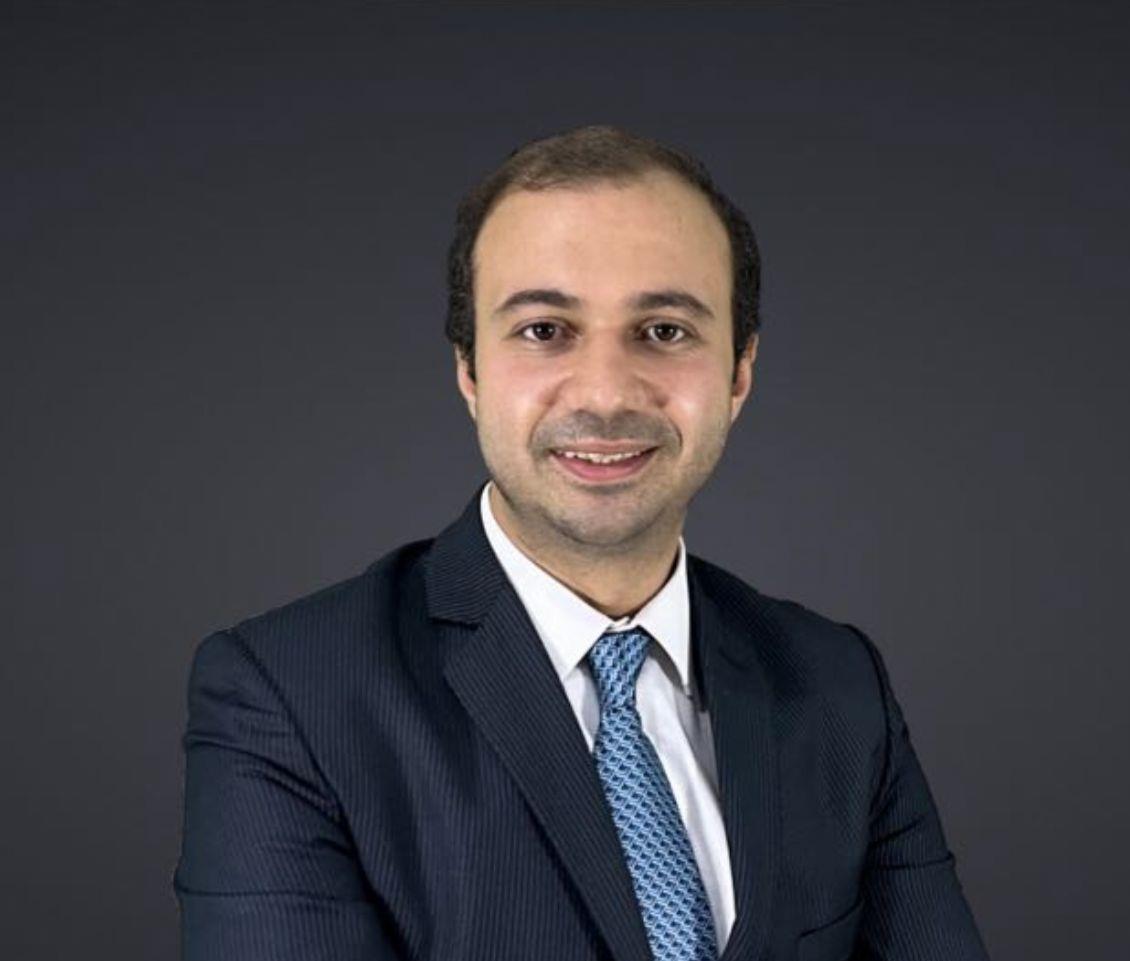Financing Loss And Damage: A Third Line Of Defence Against Climate Change
Loss and damage refer to the irreversible impacts of climate change that go beyond what can be managed through mitigation and adaptation. These impacts include the destruction of ecosystems, the displacement of communities, and the loss of lives and livelihoods. Unlike adaptation, which focuses on reducing vulnerability, loss and damage acknowledges that some impacts are unavoidable and require dedicated resources to address the consequences.
In response, the 2022 United Nations Climate Change Conference (COP27) in Sharm El-Sheikh marked a pivotal moment with the formal establishment of the Loss and Damage Fund. This fund is designed to provide financial assistance to vulnerable countries and communities experiencing the irreversible impacts of climate change. It represents a significant step forward in global climate policy, acknowledging that mitigation and adaptation alone are insufficient to address the full spectrum of climate challenges.
The Loss and Damage Fund is essential for several reasons. Firstly, it addresses unavoidable impacts. Despite global efforts, certain climate impacts are now inevitable. The Loss and Damage Fund provides a means to support communities that are disproportionately affected, helping them rebuild and recover from devastating events.
Secondly, it promotes equity and justice. The fund recognizes the principle of climate justice, acknowledging that those who have contributed least to climate change often suffer the most. By providing financial assistance, the fund aims to rectify this imbalance and support those most in need.
Thirdly, it fosters global solidarity. The Loss and Damage Fund symbolizes a commitment to international solidarity. It underscores the importance of collective action and shared responsibility in addressing climate change, reinforcing the notion that no country should be left to face climate impacts alone.
Lastly, the fund complements mitigation and adaptation. While mitigation and adaptation remain crucial, the Loss and Damage Fund complements these efforts by addressing the gaps. It ensures that countries have the resources to cope with the aftermath of climate-related disasters, bridging the divide between preparedness and response.
The establishment of the Loss and Damage Fund is a monumental achievement, but it comes with its own set of challenges. Securing adequate funding, ensuring transparent and equitable distribution, and establishing robust governance mechanisms are critical to its success. Additionally, there is a need for continuous monitoring and evaluation to assess the effectiveness of the fund and make necessary adjustments.
As the world grapples with the escalating impacts of climate change, the Loss and Damage Fund stands as a beacon of hope. It signifies a shift in global climate policy, acknowledging the reality of loss and damage and providing a framework to address it. The fund reinforces the importance of solidarity, justice, and collective action in our shared quest for a sustainable and resilient future by supporting the most vulnerable.
In conclusion, while mitigation and adaptation remain vital components of the climate response, the Loss and Damage Fund represents an essential third line of defence. It acknowledges the limitations of existing strategies and provides a means to address the irreversible impacts of climate change. As we move forward, the success of the Loss and Damage Fund will depend on our collective commitment to equity, justice, and global solidarity.
Dr Karim Morsy is an Advisor to Egypt's Minister of Environment.

Legal Disclaimer:
MENAFN provides the
information “as is” without warranty of any kind. We do not accept
any responsibility or liability for the accuracy, content, images,
videos, licenses, completeness, legality, or reliability of the information
contained in this article. If you have any complaints or copyright
issues related to this article, kindly contact the provider above.
Most popular stories
Market Research

- Origin Summit Debuts In Seoul During KBW As Flagship Gathering On IP, AI, And The Next Era Of Blockchain-Enabled Real-World Assets
- What Are The Latest Trends In The Europe Steel Market For 2025?
- United States AI Governance Market Size, Demand, Growth & Outlook 2033
- NOVA Collective Invest Showcases Intelligent Trading System7.0 Iterations Led By Brady Rodriguez
- North America Perms And Relaxants Market Size, Share And Growth Report 2025-2033
- Canada Real Estate Market Size, Share, Trends & Growth Opportunities 2033






















Comments
No comment